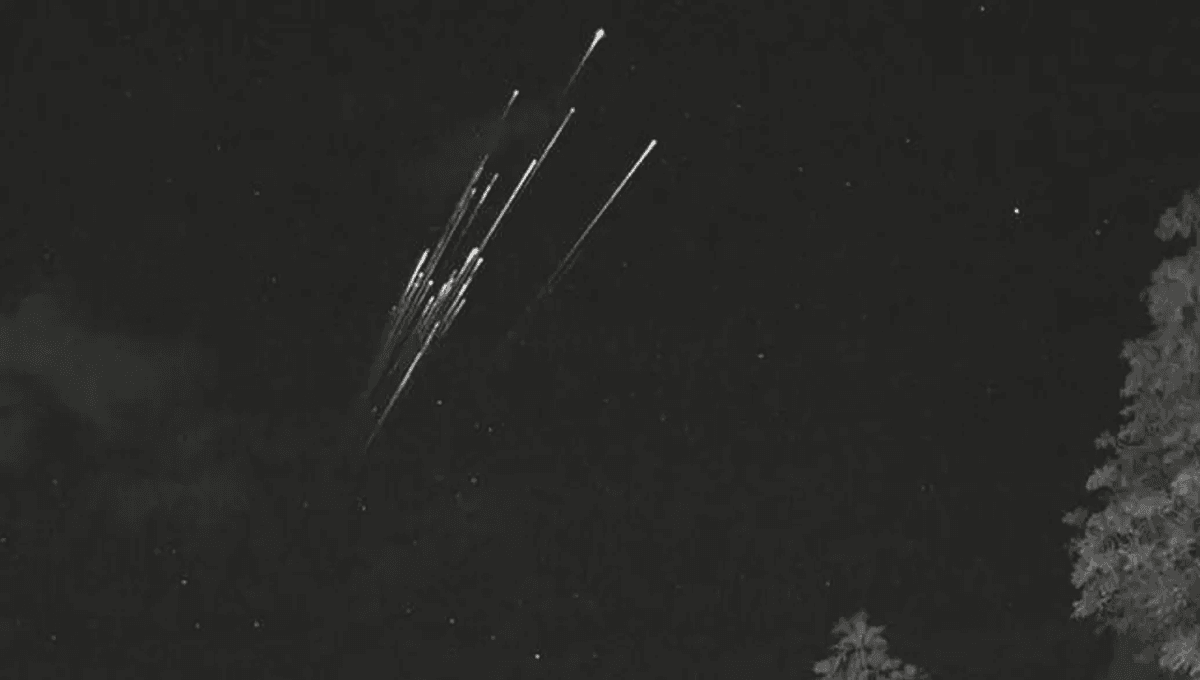
Recent reports suggest that the disruption affecting a batch of Starlink satellites may have been caused by more than just a minor geomagnetic storm, as originally claimed by officials. The atmospheric instability, which led to satellite malfunctions or losses, now appears to have involved additional factors beyond the initially identified solar activity.
The affected Starlink units encountered problems shortly after deployment, prompting SpaceX to attribute the failures to a minor geomagnetic storm. These storms, caused by solar activity, can increase atmospheric density in low Earth orbit, creating additional drag on satellites and potentially leading to operational issues.
However, new analysis of atmospheric data indicates that the event was potentially more severe or complex than first believed. Experts in solar and atmospheric sciences are currently examining whether undetected fluctuations in the magnetosphere or combined space weather phenomena may have contributed to the situation.
Starlink, operated by SpaceX, is designed to provide global internet coverage through a vast network of low-orbit satellites. While the system includes redundancy for such occurrences, unexpected losses highlight the need for improved forecasting and mitigation strategies for space weather events.
More detailed investigations are ongoing to better understand the full scope and cause of the disruption, which could inform future protocols in satellite deployment and management.
Source: https:// – Courtesy of the original publisher.






